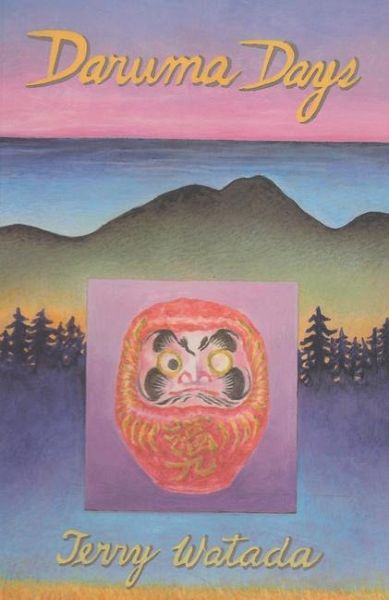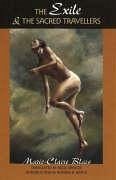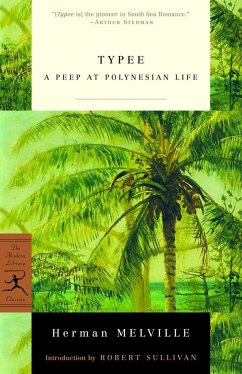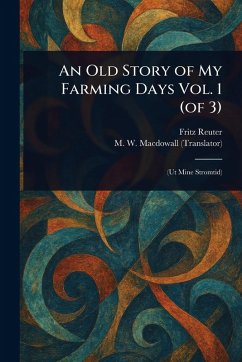
Daruma Days
Versandkostenfrei!
Versandfertig in über 4 Wochen
12,99 €
inkl. MwSt.

PAYBACK Punkte
6 °P sammeln!
Set in the internment camps of the British Columbia interior during World War II, Terry Watada's Daruma Days captures the Japanese Canadian experience of imprisonment. Watada draws on the accounts of people who lived through the camps, often speaking with the voices of the issei and nisei, to portray the camps as haunted by demonic forces, the inhabitants caught between two worlds: the cultures of Japan and Canada.












